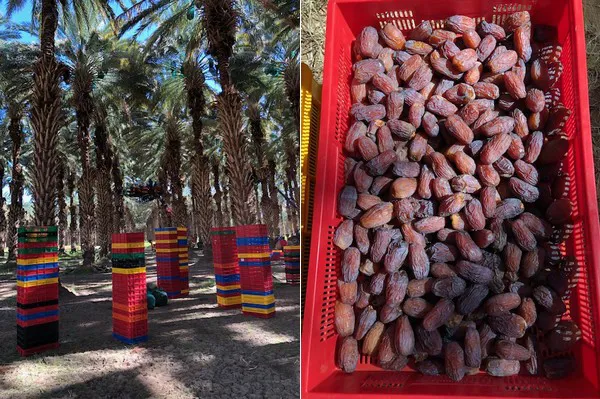
The Israeli date season began two weeks late due to the colder temperatures experienced there during the growth season," says Laurent la Morella of the Belgian company, Lorre.
“In spite of this, the crop looks promising. A lot of fruit of large sizes are expected. They have, however, not been harvesting for so long yet. Since the harvest started later. there is more chance of rain and cold weather. This could damage the fruit. This can negatively impact the dates' quality and volumes."
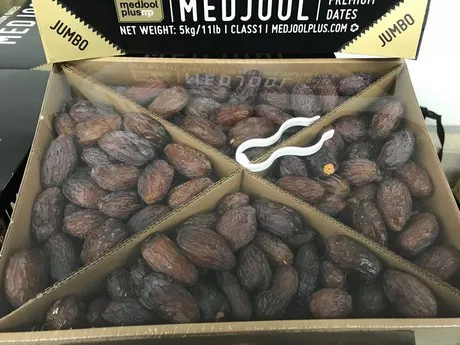
“At the moment, there are Bahri and Medjoul dates on the market. There is still sporadic availability of Deglet Nour dates. Most farmers who used to grow this variety have, however, stopped. It is too labor-intensive," explains Laurent.
There are several countries in production at the moment. Of these, Israel has 60% of the market share. Then there are places like Mexico, Namibia, Jordan, and areas in Palestine. "The demand increases every year."
"Because of this, we see a general increase in production in all countries that grow dates. However, the climate has a big influence on the quality and volumes of the dates. South Africa and Israel are the current front runners when it comes to date production," Laurent continues.
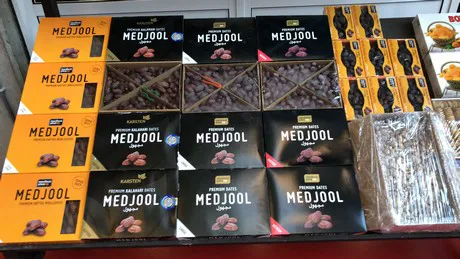
There was a shortage of dates of all sizes this past summer. This made for a difficult market. "It was hard to get good volumes. We did, however, manage to meet our clients' demands. In spite of the shortages, the fruit that was on the market was of excellent quality. They were very big too."
"The growers are increasing their know-how. You, therefore, see the dates' quality improve every year. This creates a nice, hopeful perspective for the future," la Morella concludes.
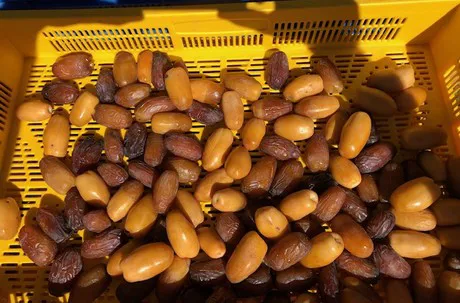
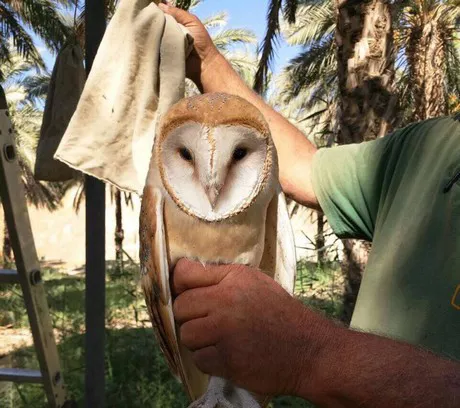
This owl had hidden among the trees' delicacies.
For more information: Laurent la Morella
Laurent la Morella
Lorre
Warehouse 39-40, 112-154Werkhuizenkaai
1000 Brussels, Belgium
Tel: +32 (0) 479 977 328
info@lorrenv.com
www.bingonuts.be
